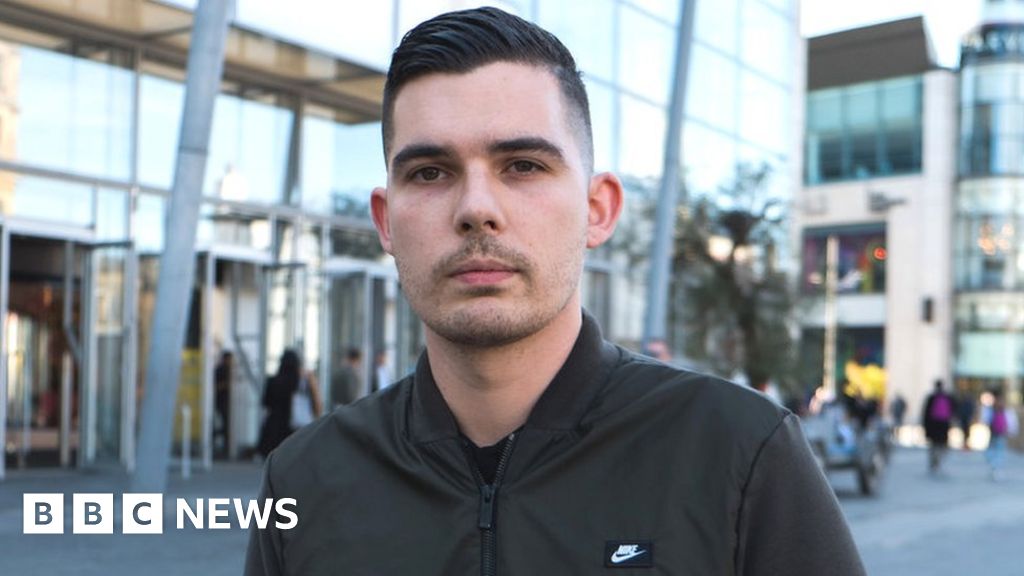- Joined
- 4 Jun 2021
- Messages
- 5,596 (4.52/day)
Gambling addicts have a hard enough time fighting their addiction and losing lots of money as it is. However, gambling companies are now introducing AI which only increases this addiction - and their profits. I'm so glad that I don't have a gambling habit and never bet nowadays.
Personally, I'd be happy if all gambling was outlawed in this country as it's the equivalent of smoking - there's nothing good in it for the punter.
I actually tried out a bit of gambling a few years ago with the football World Cup to see what the experience is like. I discovered that one really has no idea until they play.
I felt bad whether I won or lost, and it ruined the experience of any game that I bet on as all that mattered was winning. All in all, a horrible, high anxiety and expensive experience with bitter frustration when I lost that I don't want to repeat.
I managed to reduce my losses by carefully betting both ways and picking games where I was reasonably confident of which team would win. Overall, I spent about £800 during that World Cup and managed to claw back my losses down to £200 with that careful betting, so perhaps, I could have actually turned a profit eventually had the competition not ended.
I felt bad if I lost, obviously, but also if I won, because I then wished I'd bet more money, tainting the experience of winning. I've never known any other endeavour that has a bad outcome either way. Maybe I should become a bookie...

Personally, I'd be happy if all gambling was outlawed in this country as it's the equivalent of smoking - there's nothing good in it for the punter.
I actually tried out a bit of gambling a few years ago with the football World Cup to see what the experience is like. I discovered that one really has no idea until they play.
I felt bad whether I won or lost, and it ruined the experience of any game that I bet on as all that mattered was winning. All in all, a horrible, high anxiety and expensive experience with bitter frustration when I lost that I don't want to repeat.
I managed to reduce my losses by carefully betting both ways and picking games where I was reasonably confident of which team would win. Overall, I spent about £800 during that World Cup and managed to claw back my losses down to £200 with that careful betting, so perhaps, I could have actually turned a profit eventually had the competition not ended.
I felt bad if I lost, obviously, but also if I won, because I then wished I'd bet more money, tainting the experience of winning. I've never known any other endeavour that has a bad outcome either way. Maybe I should become a bookie...
"I remember setting alarms for 4am on payday, anxiously waiting to gamble as soon as my salary hit my account. By 8am, I found myself seeking loans to survive the month."
Danny Cheetham started visiting local bookies aged 18, gambling on the Fixed Odds Betting Terminals (FOBTs). It wasn't long before he transitioned to online games. "The ease of access and the solitary nature of online gambling exacerbated my habits," says Mr Cheetham, now 34.
The latest wave of artificial intelligence (AI) has given gambling firms a new tool to work with. Companies say it enhances the customer experience.
But Mr Cheetham, and others, are not so sure: "While this technology undeniably enhances user engagement, it also has the potential to deepen addiction. The ethical dilemma here is whether the pursuit of profit is being prioritised over the welfare of individuals prone to addiction," he says.

Concern as the gambling industry embraces AI
Campaigners worry that the gambling industry will not use AI responsibly.
www.bbc.co.uk